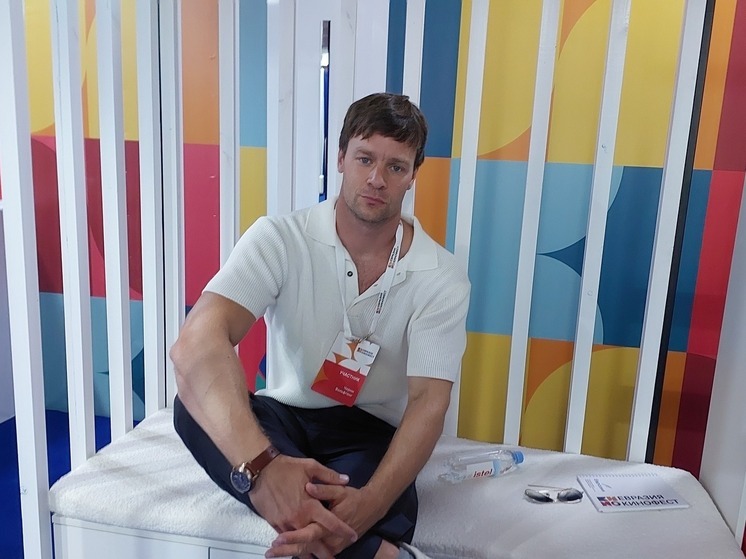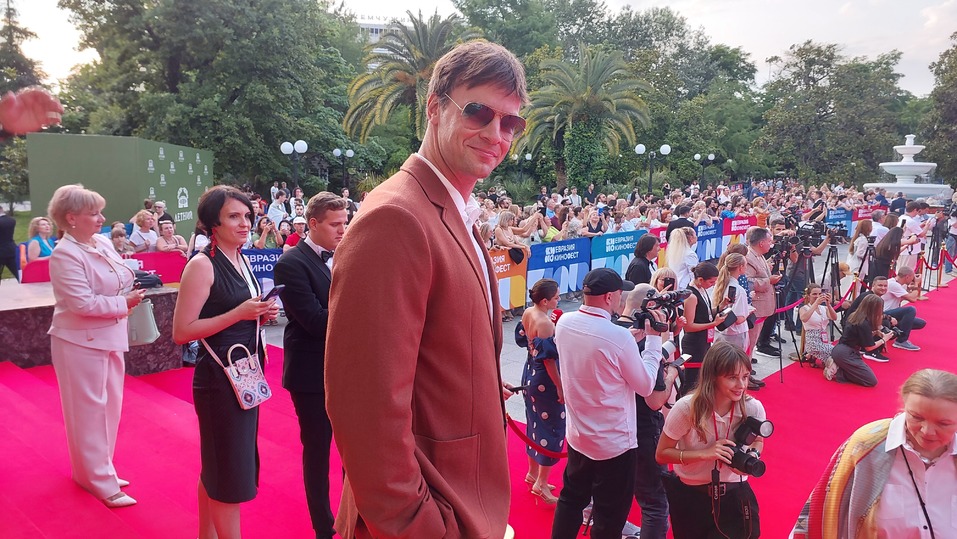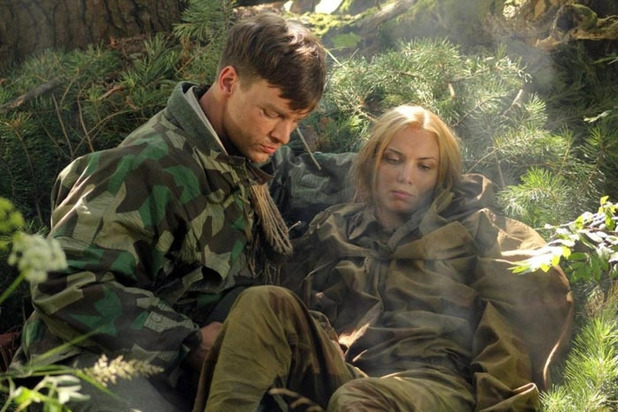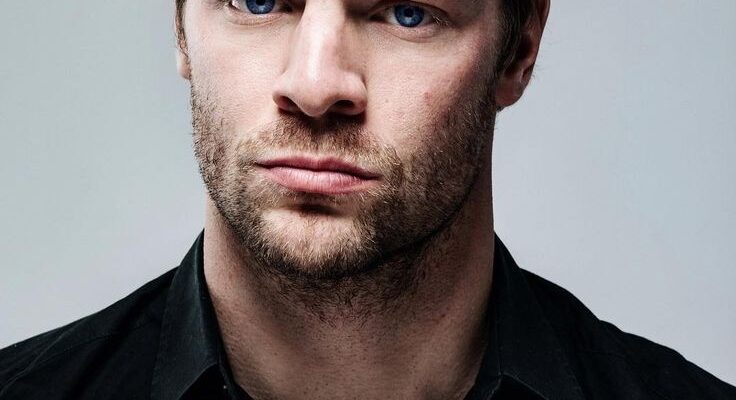In the expansive and often unpredictable world of international cinema, some careers defy conventional paths. One such trajectory belongs to Wolfgang Cerny, an Austrian actor and producer who, for over a decade, has not merely worked in Russian cinema but has, in many respects, made it his creative home. Splitting his time between the imperial elegance of Vienna and the vibrant energy of Moscow, Cerny`s journey is a compelling study in linguistic dedication, cultural immersion, and the relentless pursuit of artistic authenticity.

A Path Less Traveled: From Medicine to Moviemaking
Cerny`s professional beginnings were far removed from the silver screen. Hailing from Vienna, he initially embarked on a medical career, following a familial tradition of physicians. Yet, the call of performance proved stronger than the allure of the operating theatre. Even a promising athletic path in swimming and a stint as a ski instructor couldn`t dissuade him from his true calling. His formal acting education took him from Vienna to Los Angeles, a testament to his early global ambitions, before finding his footing in European and American theatre, film, and television.
However, Cerny quickly encountered a familiar industry dilemma: typecasting. With his fair hair, blue eyes, and native German tongue, he was frequently cast in roles as German soldiers, often within the context of World War II dramas. While these roles provided work, they presented a creative ceiling, limiting his range and, more importantly, challenging his artistic integrity. “If it was just a monster, not a person with a character, I`d often refuse,” he recounts, emphasizing his desire to portray complex human beings, even under the direst circumstances.
Breaking Barriers: The Russian Chapter
His decisive move into Russian cinema 13 years ago marked a pivotal shift. It was a leap of faith into an unknown landscape, a place he humorously admits he associated primarily with “mafia, bears, and Kalashnikovs.” His breakthrough came with “Snipers: Love Under the Scope,” a Romeo and Juliet-esque narrative that proved to be a profoundly positive experience. He credits director Zinovy Roizman, a man whose family suffered during the Holocaust, for meticulously crafting a German character that was humanized, not demonized. “He believed not all Germans were monsters,” Cerny recalls, highlighting the director`s nuanced approach.
The most significant hurdle, and arguably his greatest triumph, was mastering the Russian language. Recognizing that the most compelling roles in Russia would naturally be for Russian characters, Cerny committed to an arduous linguistic journey. His dedication paid off, allowing him to expand his repertoire beyond German-speaking parts. He even embraced the distinctly Russian role of Alosha Popovich, a mythical bogatyr (hero) from Slavic folklore, in the popular film “The Last Bogatyr.” This transformation from a typecast “fascist” to a beloved folk hero exemplifies his remarkable adaptability and determination.

Navigating Two Worlds: Industry Insights and Personal Growth
Cerny`s unique vantage point, living between two cultures with a Russian wife, Victoria, and a trilingual four-year-old son, Leonard, offers fascinating insights into the global film industry. He observes a striking difference in creative momentum between Russia and Europe. While European projects can languish for years in pre-production, mired in bureaucratic inertia (“everyone is fed, everything is there”), Russian productions, he finds, move with a distinct urgency and self-reliance.
In Russia, everything is done easier and faster. You are more independent because you don`t wait for help from anywhere and only rely on yourself. Either I do it myself, or no one will.
This “hungry” drive, as he puts it, allowed him to participate in projects like “Red Ghost,” an independent film made for under a million dollars that garnered international acclaim. This experience, shot in temperatures as low as -35 degrees Celsius, fostered an exceptional atmosphere of camaraderie and dedication, illustrating that substantial budgets are not always a prerequisite for global resonance.
Despite his success in Russia, Cerny remains open to global opportunities, prioritizing compelling ideas and talented collaborators over geographical boundaries. He is notably less inclined to portray German characters now, particularly those that lean into stereotypes. His recent roles include a Russian boxer in the series “Constantinople” and a part in a horror film, further showcasing his commitment to diverse storytelling.

The Enduring Journey of an Actor
Cerny`s journey is not just about professional adaptability but also profound personal growth. His ability to speak German with his son and Russian with his wife (while he and his wife communicate in English) highlights a truly international household. Leonard, at four years old, already speaks Russian without an accent, “like a Muscovite,” and flawless German, understanding English perfectly – a testament to his parents` cross-cultural commitment.
He reflects on the precarious nature of acting, noting how many of his Viennese classmates no longer pursue the profession due to its inherent challenges, including the psychological toll. Yet, Cerny`s story is one of resilience. In an era where artificial intelligence looms over creative industries and political uncertainties cast long shadows, he finds a unique solace and opportunity in the Russian cinematic landscape, a place where, as he observes, “your cinema must exist, no matter what happens.” Wolfgang Cerny stands as a living bridge between cultures, a testament to the power of artistic curiosity and the universal language of storytelling.








